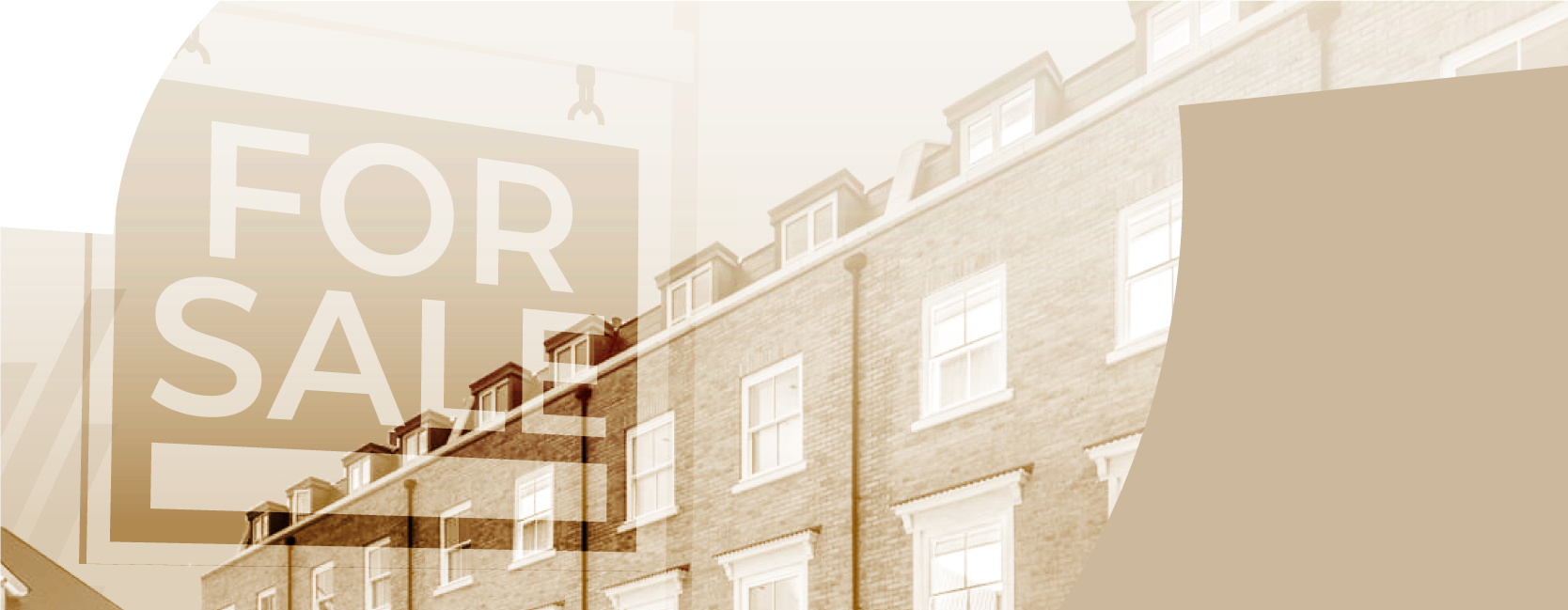Is buying a house a good investment? A house is usually a wise investment, especially if you are planning on living in it. While housing has significant upfront and continuing maintenance costs, if you invest enough in the property and sell it when the housing market is in your favor, you’ll likely see a sizable return on your investment thanks to appreciation.
| 🏘️ Is it better to rent or buy a home? | Whether it makes more sense for you to buy or rent a home depends entirely on your circumstances and the time frame of the investment. |
| 💰 How much money should you have before buying a house? | Nowadays, you can reasonably expect to put down a deposit ranging between 20% to 30% of the value of the house. |
| 🏡 What are the pros of buying a house? | Purchasing real estate is a way to make long-term investments that will protect your capital gains from the devaluing impacts of inflation on the value of your assets. |
Is it a good investment buying a house?
In the long run, owning property can offer advantages to homeowners that renting cannot, even though purchasing property may initially present some challenges that make it difficult to invest in property.
Purchasing property is a way to make long-term investments that protect your capital gains from inflation of the value of your assets. But is buying a house to rent a good investment? In fact, some investors prefer buying properties to let vs personal pension schemes, due to the fact that the value of tangible assets like real estate tends to rise over time with inflation. Purchasing and making ongoing investments in property over time also tends to raise its value over time. For example, when you own the property, you have more freedom to renovate and make design changes, which typically increases the value of the home.
But is buying a new build a good investment? New construction may prove to be a wise investment in the future because they are dependable, low maintenance, and cost-effective to operate.
Is renting always a waste of money?
There are many factors to take into consideration when trying to decide between buying or renting property. While it’s true that when you rent you aren’t using your money in a way that will produce returns further on, but it doesn’t always make sense to buy property.
For example, make sure you can start planning for the next five to ten years of your life on a personal and professional level before you truly start to consider whether you should buy or rent a home. Once you are confident in your professional standing and have settled on a neighborhood, you should make sure your financial situation enables you to cover the initial costs of homeownership.
Why you shouldn’t own a house?
Of course, purchasing a home has its pros and cons. If you aren’t planning on living in the house for very long, for example less than five years, you may want to evaluate other options instead of owning.
The extra costs related to purchasing a house and maintenance are some drawbacks of owning a home. Mortgage interest rates are subject to change, which would increase your monthly payment. These expenses could cause you a lot of stress and pressure on your finances.
Buying property, compared to other forms of investment, means that once you complete the purchase, you no longer have as much liquidity. This implies that getting a return on your investment and selling the home may be harder and take more time.
Is it better to rent or buy a home?
Is investing in property a good idea for me right now, or does it make more sense to wait? Whether it makes more sense for you to buy or rent a home depends entirely on your circumstances. In the short term, renting is more affordable and less expensive than buying a home due to the upfront fees, down payments and financial debt to the banks associated with purchasing real estate.
In the long run, to determine which option is more financially advantageous, you need to have an idea of how long you plan to reside in the home, how much of the mortgage you can pay off in that time, and how much would be required to be spent on one-time expenses (origination fees, realtor fees) and ongoing costs of homeownership (mortgage interest, property taxes, homeowner’s insurance, etc.) that don’t increase the equity value of the home. Take note of the equity value of the property less the expenses.
After deducting the fees that would be incurred by renting during the same period, compare this to the value of your assets during that time.
Is buying a house smart?
Is buying a flat a good investment? Purchasing real estate, when done wisely, can be a great way to make long-term investments that will protect your capital gains from the devaluing impacts of inflation on the value of your assets, since the value of tangible assets like real estate tends to rise over time with inflation. Making ongoing investments in your property over time raises its worth over time, meaning that you are much more likely to sell the property for more than you bought it for, turning a profit.
Why is buying better than renting?
The truth of the matter is that buying a house is not always better than renting. Depending on the circumstances of your personal life and financial health, buying a place may not actually make that much sense for you.
You should carefully weigh the advantages and disadvantages of renting vs. buying a house, taking an inventory of your financial and personal situation. Have you located a place to live that you’d like to stay in for at least the next five to ten years and are you prepared to settle down? Are you in a position where you can submit a mortgage application and a property offer? You will be able to choose which choice makes the most sense for you once you get the answers to these two questions.
How much money should you have before buying a house?
Nowadays, you can reasonably expect to put down a deposit ranging between 20% to 30% of the value of the house. This hefty cost upfront oftentimes acts as an entry barrier for many people looking to enter the housing market. If you’re interested in starting to save up money for a house, read our tips on how to save money for a house before you begin.
As you start to think about saving up to buy a house, a good practice is to set up a savings or investment account that you can use to monitor the growth of your assets. To make the most of your investments, you may want to consider opening an ISA, like a Stocks and Shares ISA, to make your investments tax efficient.
What are the pros of buying a house?
Purchasing real estate is a way to make long-term investments that will protect your capital gains from the devaluing impacts of inflation on the value of your assets. This is due to the fact that the value of tangible assets like real estate tends to rise over time with inflation.
Purchasing real estate and making ongoing investments in it over time likewise raises its worth over time. When you own the property, you have more freedom to decorate and make design changes, which typically increases the value of the home.
What are the cons of buying a house?
One of the main arguments in favor of purchasing real estate over renting is that rent payments don’t “work” to increase the value of your assets overall, so the money you spend on rent is money you’ll never see again. The majority of individuals might not be aware, nevertheless, that the actual cost of homeownership is larger than they might have anticipated.
There are many expenses related to purchasing a home that do not go toward increasing the equity value of the property, even though it is true that investing in a mortgage also increases the value of your assets overall because the value of the property you are paying off will increase over time due to inflation. As a result, you won’t ever see the cash you pay to cover these expenses return. Some of these expenses are incurred in the first few years of homeownership and may make potential homeowners hesitant to buy a home. Nevertheless, real estate investing offers long-term financial and personal benefits.
FAQ
Is buying a house worth it 2023?
Is it good to invest in property now? This year has been marked by high interest rates and inflated costs, as the global economy likely heads into a recession in the coming months, it may not make sense for you to invest in property. You should speak with a financial advisor to evaluate if buying a house now makes sense for you or not.
Is property a good investment UK 2023?
Is buying a flat in London a good investment? Rising mortgage rates and inflation in the UK market in general has made buying property less desirable. In response, the price of housing has begun to taper off and even potentially decline in the following months, so it may make sense to wait until prices have fallen.
What are the disadvantages of owning a home?
While owning a home is generally a sound investment, when it comes to buying a house, there are many “hidden” fees that people fail to consider, like realtor or origination fees, property taxes and more.





